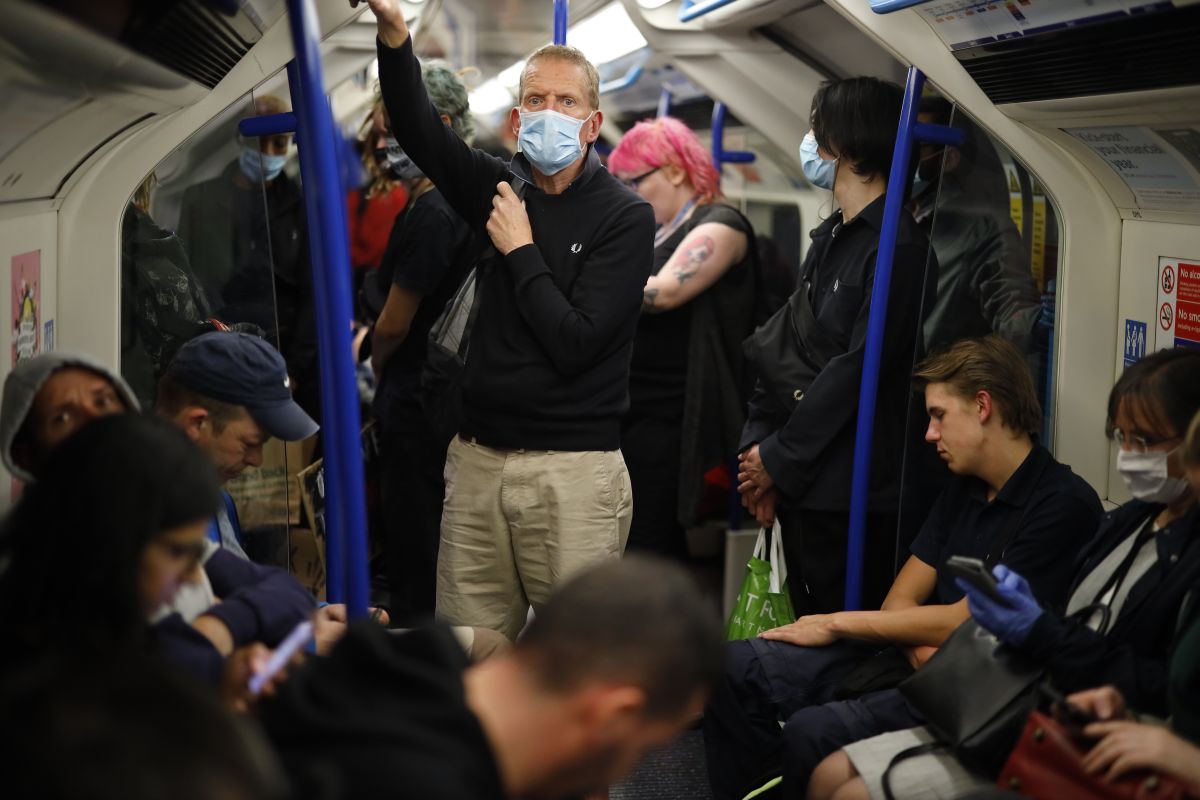Britain introduced a two-week quarantine on Monday for people arriving from abroad to try to limit the spread of the coronavirus. The measure applies to both residents and visitors with some exceptions and aims to prevent a second wave of contagion from abroad.
But critics question why Britain, which was hardest hit by COVID-19 in Europe is inflicting more pain on hotels and airlines by reducing travel from countries with fewer virus cases. The UK had reported 287,621 cases of infections and has the second-highest death toll in the world at 40,625 according to Johns Hopkins University tracker
British Airways and budget carriers EasyJet and Ryanair have launched joint legal proceedings against the government over what they called a “disproportionate and unfair” step.
Ryanair chief Michael O’Leary told Sky News on Monday the plan was “useless” and unenforceable, and said it would “devastate thousands of jobs in British tourism”.
The chief executive of London’s Heathrow, John Holland-Kaye, told the City AM newspaper that it could lead to the loss of potentially 25,000 jobs at his airport, a third of staff, reports AFP.
Health Secretary Matt Hancock said the new rules made sense because “the proportion of infections that come from abroad increases” as Britain’s own caseload drops. “We’ve got to take an approach that starts with caution,” he told Sky News.
AFP reports to enter Britain by plane, train, road or sea, travellers must provide details of their journey and the address where they will self-isolate. How the quarantine will be implemented differs between Britain’s devolved nations, and the measures will be assessed every three weeks.
Exemptions are being made in several cases including for lorry drivers, “essential” healthcare workers and people travelling from Ireland who have been there for at least two weeks.
Authorities in England will carry out spot checks and those breaching the rules could be punished with a 1,000 pound ($1,250 / 1,125-euro) fine or prosecution.
Home Secretary Priti Patel told sceptical lawmakers in parliament last week that the measure was “backed by the science, supported by the public, and essential to save lives”. The government is pushing ahead with a gradual lockdown easing that will see retail reopen on June 15, and restaurants and bars begin limited service in early July.
But the devastated hospitality sector relies heavily on tourists, and business leaders fear the quarantine will mean much of the summer season will be lost. It comes after heavily-hit Italy reopened its borders last week and other European states follow suit.
British Prime Minister Boris Johnson’s government is trying to arrange “travel corridors” with countries such as France and Spain that could see them lift their quarantine demands. But officials are reportedly giving themselves until late June to strike these deals, and the airlines behind the lawsuit say they cannot wait that long.
“These measures are disproportionate and unfair on British citizens as well as international visitors arriving in the UK,” the airlines said in a joint statement. The quarantine “will have a devastating effect on (the) UK’s tourism industry and will destroy thousands of jobs in this unprecedented crisis”, they said.
(With inputs from AFP)











